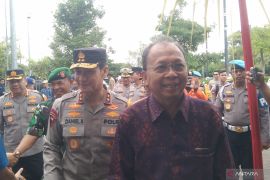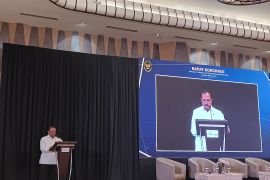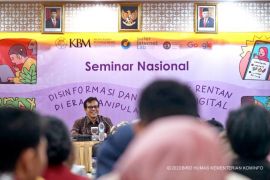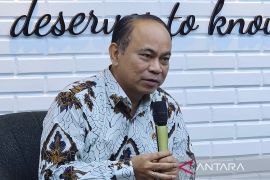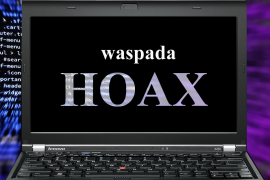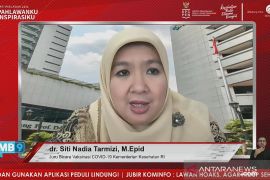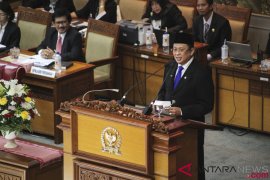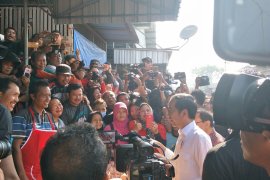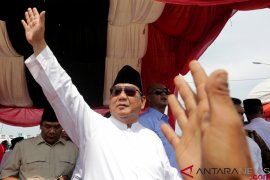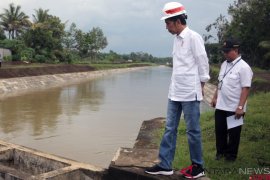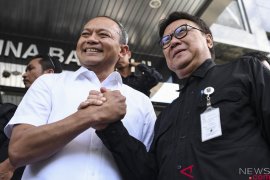"Fake news has threatened the existence of the press as the fourth pillar of democracy," Press Council member Imam Wahyudi said.Jakarta (ANTARA News) - The circulation of fake news, or hoax, has reached pandemic proportions in the country, as it had increased rapidly during the elections, according to the Indonesian Press Council.
"(The circulation of) fake news has reached a serious level in Indonesia. Apart from the media and communities, President Joko Widodo has also highlighted the issue of fake news on various occasions," Press Council member Imam Wahyudi stated during a discussion titled "How Fake News and Social Media Filter Bubbles Impact, and the Role of Journalism in Society" on the sidelines of a series of activities to celebrate the 2017 World Press Freedom Day organized by UNESCO here on Thursday.
Wahyudi noted that fake news is transformed into satirical statements and published through various information channels.
He explained that the public initially probed the validity of the fake information through mainstream media. However, currently, fake information is simply posted on social media and is adopted by the mainstream media without verifying its source first.
As a result, people lost their trust in mainstream media.
"During the local head elections, (the circulation of) fake news had grown rapidly. It has become an ongoing threat for us in Indonesia, as we are dealing with fake news every year," he remarked.
He emphasized that the circulation of fake news had triggered several issues, including inciting religious sentiments.
"Fake news has threatened the existence of the press as the fourth pillar of democracy," he pointed out.
Wahyudi stated that the Press Council and the Indonesian press community currently had no plan to make new rules related to the handling of fake news, as society could deal with hoax by adhering to the existing regulation.
"For instance, Indonesia has laws in place to protect the honor of individuals affected by fake news," he noted.
He added that media literacy was the key to educating the public on ways to differentiate truth from hoax.(*)
Editor: Heru Purwanto
Copyright © ANTARA 2017
